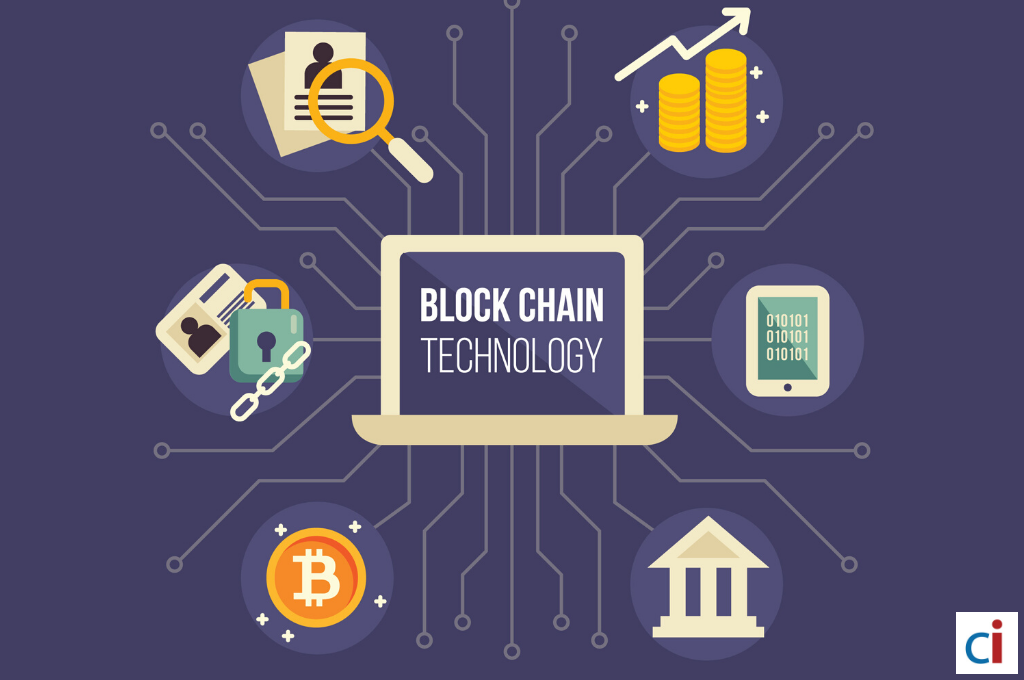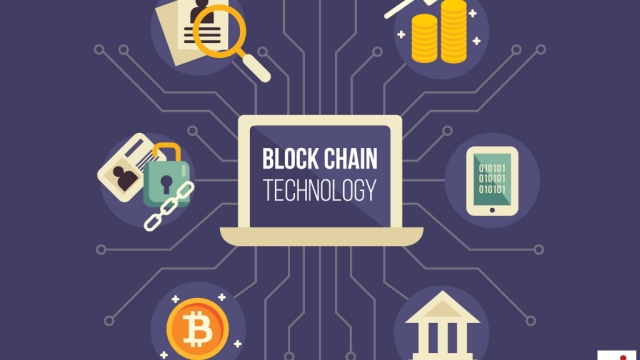
In recent years, the term blockchain technology has emerged from the shadows of cryptocurrency to become a beacon of innovation across various sectors. Originally designed to support Bitcoin, blockchain has proven to be a transformative force that transcends financial transactions. Its ability to create secure, transparent, and tamper-proof records is reshaping industries ranging from supply chain management to healthcare, and even governance.
The essence of blockchain lies in its decentralized nature, allowing peer-to-peer interactions without the need for intermediaries. This foundational shift not only enhances security but also fosters trust among participants in a network. As businesses and organizations begin to explore the endless possibilities that blockchain technology offers, the implications for our future seem limitless. We stand at the brink of a new era, where the way we conduct business, exchange information, and interact with one another is being fundamentally redefined.
Understanding Blockchain Basics
Blockchain technology is a decentralized digital ledger system that records transactions across many computers in such a way that the registered transactions cannot be altered retroactively. This secure and transparent nature of blockchain is achieved through cryptographic techniques, which ensure that only authorized participants can add and view records. Each block in the chain contains a list of transactions, a timestamp, and a reference to the previous block, creating a continuous and unbreakable chain.
The integrity of blockchain is upheld by a consensus mechanism, where multiple participants in the network validate and agree on the accuracy of transactions before they are added to the blockchain. This eliminates the need for a central authority or intermediary, reducing costs and risks associated with single points of failure. The distributed nature of the ledger means that all participants have access to the same information, promoting trust and transparency among users.
Blockchain technology has far-reaching implications beyond cryptocurrencies. It can be applied in various fields, including supply chain management, healthcare, finance, and governance, to streamline processes and enhance security. As organizations start to recognize the potential of blockchain, it is becoming clear that this innovative technology is not just a trend but a fundamental shift in how we conduct transactions and manage data in a digital world.
Key Applications of Blockchain
One of the most prominent applications of blockchain technology is in the financial sector, where it is used to enhance the security and efficiency of transactions. Cryptocurrencies like Bitcoin and Ethereum are built on blockchain, enabling peer-to-peer transactions without the need for intermediaries such as banks. This decentralization not only reduces transaction fees but also speeds up the transfer process, making transactions more accessible to users worldwide. Additionally, blockchain can provide a transparent ledger that records every transaction, minimizing the risk of fraud and improving trust among parties.
Another significant application is in supply chain management. Blockchain technology allows for greater transparency and traceability of goods as they move through the supply chain. Each participant in the supply chain can access a shared, immutable record of transactions, which enhances accountability. By documenting the journey of products from their origin to the end consumer, companies can ensure quality control, verify the authenticity of products, and quickly identify sources of contamination or defects. This capability is particularly crucial in industries such as food, pharmaceuticals, and luxury goods.
Funded Challenge
Furthermore, blockchain is transforming the way we manage identity and personal data. Traditional methods of identity verification often rely on centralized databases prone to breaches and fraud. With blockchain, individuals can store their identity information securely, controlling access and sharing only the necessary data with service providers. This decentralized identity solution can reduce the risk of identity theft and give users more ownership over their personal information. Various organizations are already exploring blockchain for digital identity verification, streamlining onboarding processes while enhancing security and privacy.
Challenges and Future Prospects
Despite its potential, blockchain technology faces several challenges that need to be addressed for broader adoption. Scalability is one significant hurdle, as many existing blockchain networks struggle to process a high volume of transactions quickly and efficiently. This limitation can hinder their usability in real-time applications, particularly in sectors like finance and logistics where speed is crucial. Addressing scalability will require innovative solutions, such as layer two protocols and improved consensus mechanisms.
Another challenge is regulatory uncertainty. Governments and regulatory bodies around the world are still grappling with how to classify and regulate blockchain technologies. This regulatory ambiguity can deter businesses from fully investing in blockchain projects, fearing potential legal repercussions. As more jurisdictions seek to establish clear frameworks, the future of blockchain technology will depend on creating a balanced approach that fosters innovation while ensuring consumer protection and security.
Looking ahead, the future prospects for blockchain technology remain bright. As more industries recognize its utility, we can expect increased investment in research and development, resulting in more robust and user-friendly applications. Additionally, as interoperability between different blockchains improves, it could lead to a more unified and efficient ecosystem. Ultimately, the ongoing evolution of blockchain technology holds the promise of transforming various sectors, from finance to healthcare, enabling greater transparency and trust in digital interactions.
